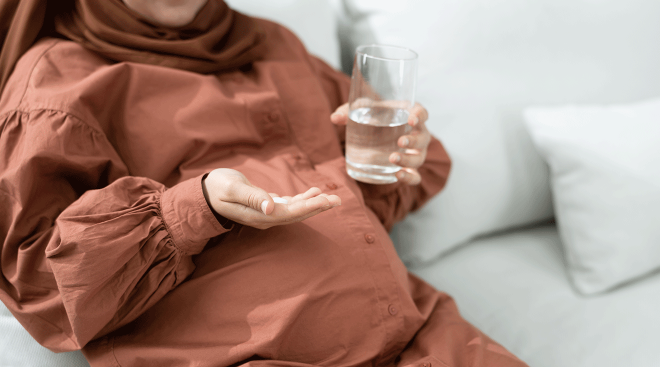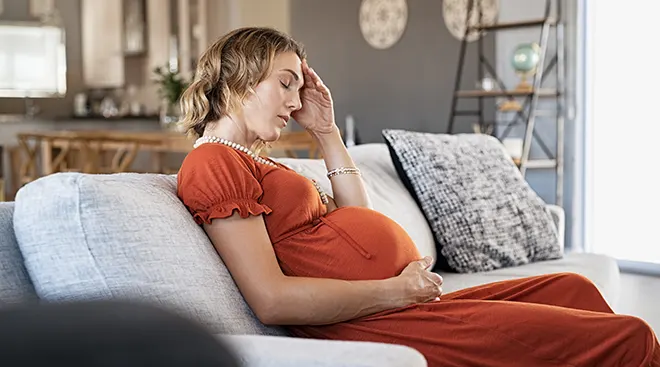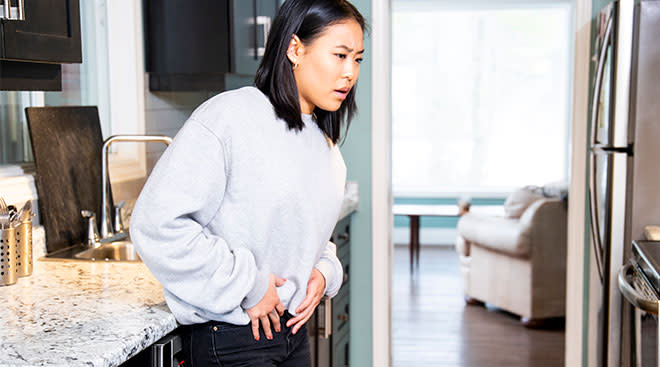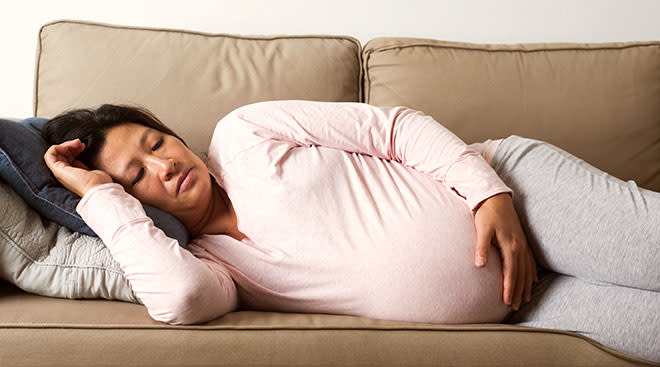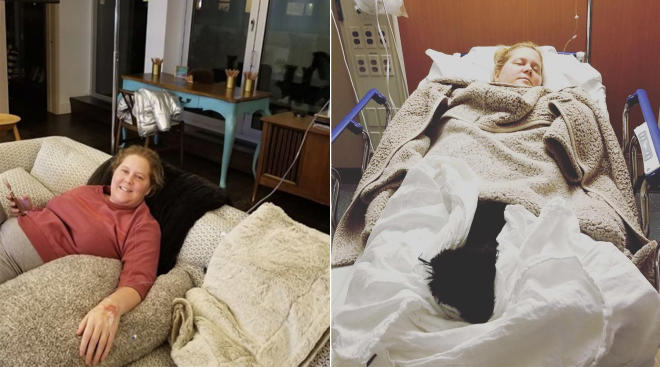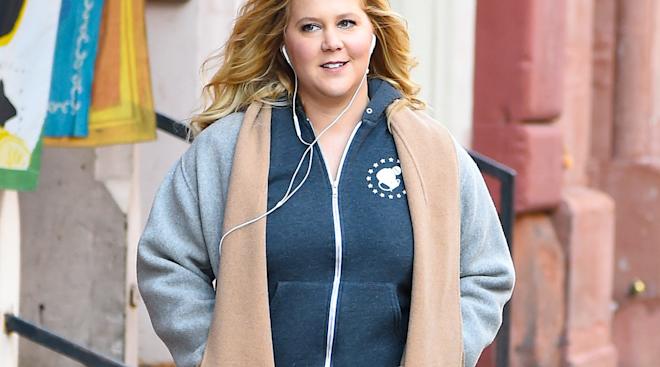Probiotics Could Help With Morning Sickness, Study Suggests
Morning sickness. Many women know it all too well. That oh-so-inconvenient nausea, vomiting and generally icky feeling that comes along with the first trimester affects around 85 percent of pregnant women. While there are many remedies available, the jury is still out on what works best. In hopes of finding a new solution, researchers have turned to probiotics.
Conducted by the University of California, Davis, a new study suggests that by taking a probiotic pregnant women could restore the natural balance of gut bacteria in their stomach, which is often thrown off by pregnancy. This rebalancing helps decrease the effects of morning sickness, which primarily stem from the gastrointestinal system.
During the study, researchers asked 32 pregnant women to submit a daily survey about their quality of life and morning sickness symptoms. Scientists then compared these surveys across the 12 days women were given the probiotic and four days they weren’t.
The results showed that taking a probiotic reduced the time participants spent feeling nauseous by 16 percent and the time they spent vomiting by 33 percent. Researchers also reported that on days when women took the probiotic, their quality of life scores increased.
Ob-gyn Heather Bartos has recommended probiotics to her pregnant patients and included them in her prenatal vitamins for years. “I think nearly all women, pregnant or not, would benefit from probiotics and digestive enzymes. While this study is small, and it’s hard to say that probiotics would help all women with morning sickness, there is no harm in taking probiotics during pregnancy, so I think it’s worth a shot,” said Bartos.
Christine Greves, an ob-gyn with the Orlando Health Medical group, cautions that while this study represents a great step toward more research into morning sickness, pregnant women shouldn’t consider probiotics as the first line of defense against morning sickness. “Different treatment options, both traditional and holistic, help different people. It’s rarely a one-size-fits-all solution,” said Greves. “I recommend that women discuss their symptoms with their ob-gyn to figure out what will work best.”
If you are struggling with morning sickness, consider some of these doctor-recommended remedies. To learn more about morning sickness and when to talk to your doctor about it, check out The Bump’s Morning Sickness Guide.
About the experts:
Heather Bartos, MD, is an ob-gyn and the medical director of Be. Women’s Health and Wellness in Frisco, Texas. She is also a podcaster, speaker and everyday gal who’s considered a go-to voice for sexuality and women in the media. She has a knack for making taboo or uncomfortable material feel approachable with her own podcast, The ME Spot. She earned her medical degree at The University of Texas at Houston and completed her residency at Baylor College of Medicine.
Christine Greves, MD, FACOG, is an ob-gyn at the Orlando Health Winnie Palmer Hospital for Women & Babies in Orlando, Florida. She received her medical degree and completed her residency at the University of South Florida College of Medicine.
Please note: The Bump and the materials and information it contains are not intended to, and do not constitute, medical or other health advice or diagnosis and should not be used as such. You should always consult with a qualified physician or health professional about your specific circumstances.
Navigate forward to interact with the calendar and select a date. Press the question mark key to get the keyboard shortcuts for changing dates.



































